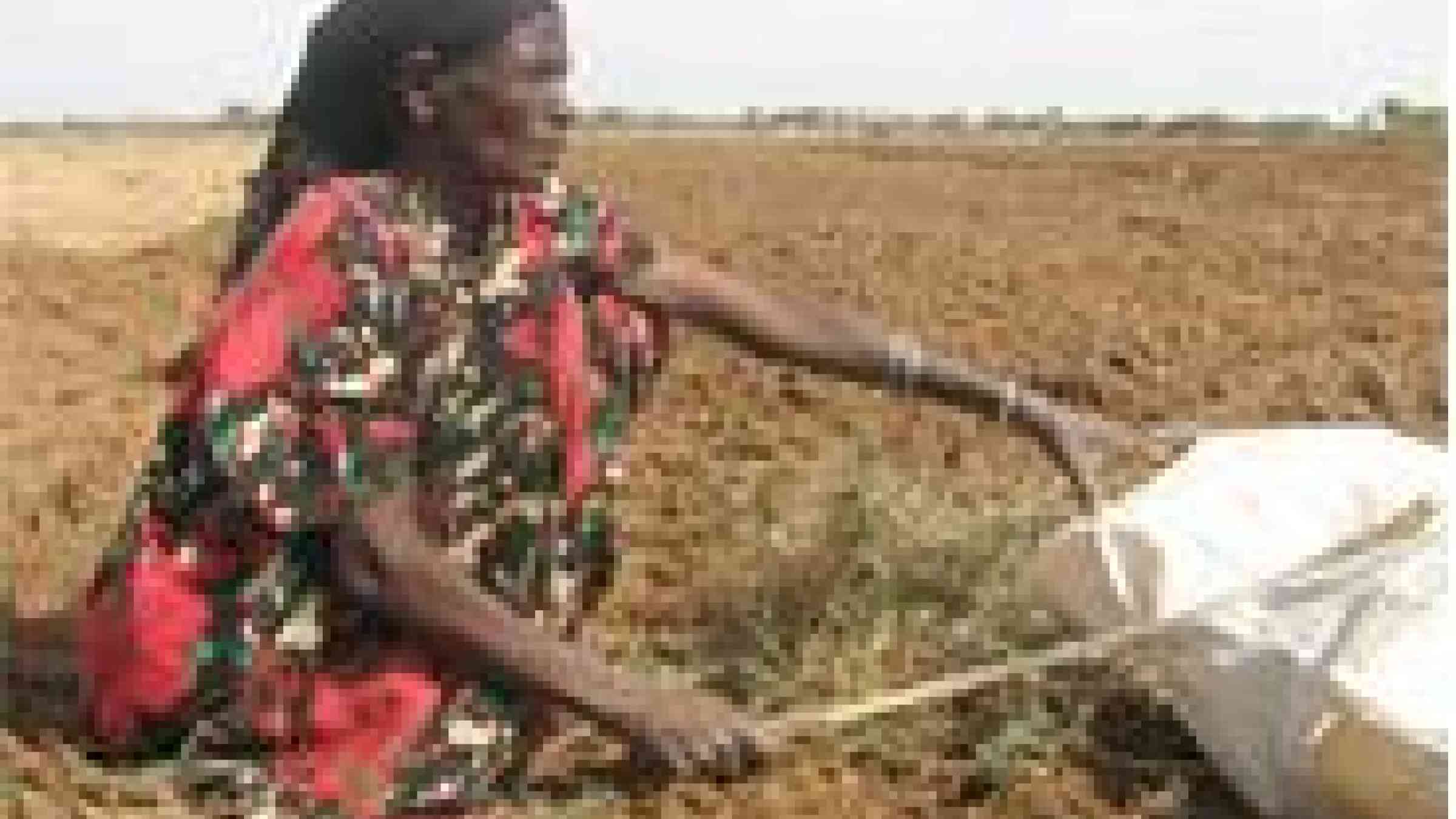Climate change: Tackling the information void

Bangkok - Services to inform communities about the climate are available in higher-income countries, but are not reaching the people most in need of them in developing countries due to lack of government investment and a disconnect between experts and communities facing extreme weather.
“Those parts [that] are worst covered are some of the most disaster prone regions where the most vulnerable live,” said Jan Egeland, deputy director of Human Rights Watch. “There is a big disconnectedness between [scientists] who know and those who need to know. [They are] the farmers, the health workers, the water managers [and] the vulnerable communities.”
In May 2011 the World Meteorological Organization (WMO) endorsed the Global Framework for Climate Services (GFCS) to increase and improve interactions between climate service providers - those who research, gather, interpret and diffuse information about the climate - and those who make use of the information.
The goal is to boost “tailor-made” climate services, especially for the most vulnerable. Initial priority will be given to food security, water management, disaster risk reduction and health sectors.
If the people most vulnerable to the dangers of climate change are not provided with information to prepare, natural disasters will claim more lives, warned Egeland.
One way is for governments to boost investments in services that provide information on climate variability such as satellites, high-speed telecommunications, supercomputers and other scientific innovations.
In India, farmers receive recommendations via text message of what crops to plant in their regions - in their chosen languages.
Ahead of a recent meeting among users in Africa of satellite-based weather forecasting and climate applications from the European Organization for the Exploitation of Meteorological Satellites (EUMETSAT), the African Union Commission, African regional economic communities, and the Secretariat of the African, Caribbean and Pacific Group of States issued a declaration supporting GCFS.
Meanwhile, implementation of GFCS in Africa will be on the agenda of an upcoming African ministerial conference on meteorology to be held on 15-19 October in Zimbabwe, and is expected to adapt a continent-wide strategy on meteorology.
While efforts continue to expand the reach of climate services, many parts of the world still have no services or woefully inadequate ones. These are the places where a climate information void is most deadly, noted Egeland.
Information disparity linked to income
According to WMO, six countries currently have no meteorological and climate services; 65 have very inadequate services; 57 have essential services; 40 have “full” to “pretty good” services; and another 23 nations are very advanced.
Egeland highlighted how this information disparity is linked to income, where the richest countries have the most scientific services on climate - and ways to diffuse that information - while the poorest countries with anaemic economies that produce fewer greenhouse gases are hardest hit by the effects of climate change.
Scientists say climate change brought about by greenhouse gas emissions will bring with it more extreme weather leading to more natural disasters.
Suppakorn Chinvanno, a researcher from the Bangkok-based Southeast Asia START Regional Centre, which develops scientific socioeconomic ways to address the impacts of environmental change in Southeast Asia, said climate services need to be localized. “We have to think about climate [change from the] perspective of different communities.”
The World Meteorological Congress (WMO’s decision making entity) is meeting on 29-31 October to decide how to implement GFCS as well as its governance.
rg/pt/cb